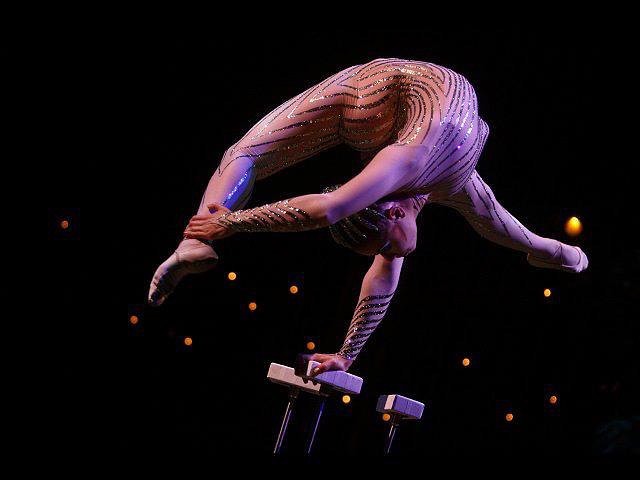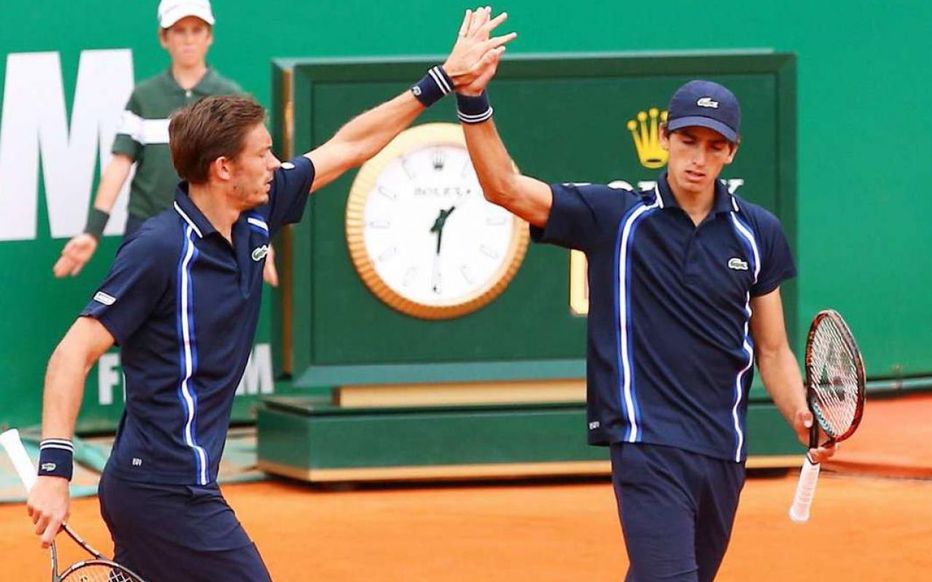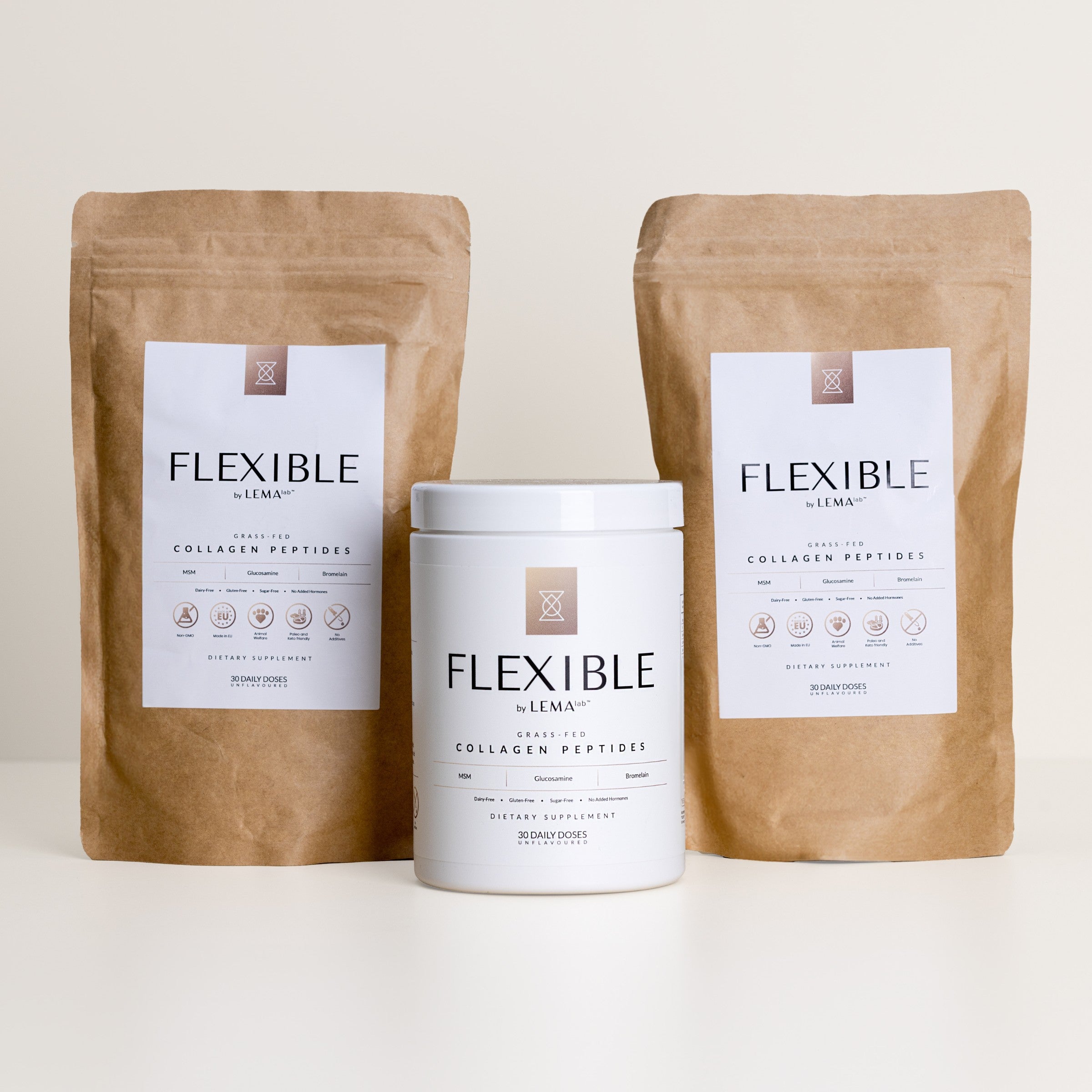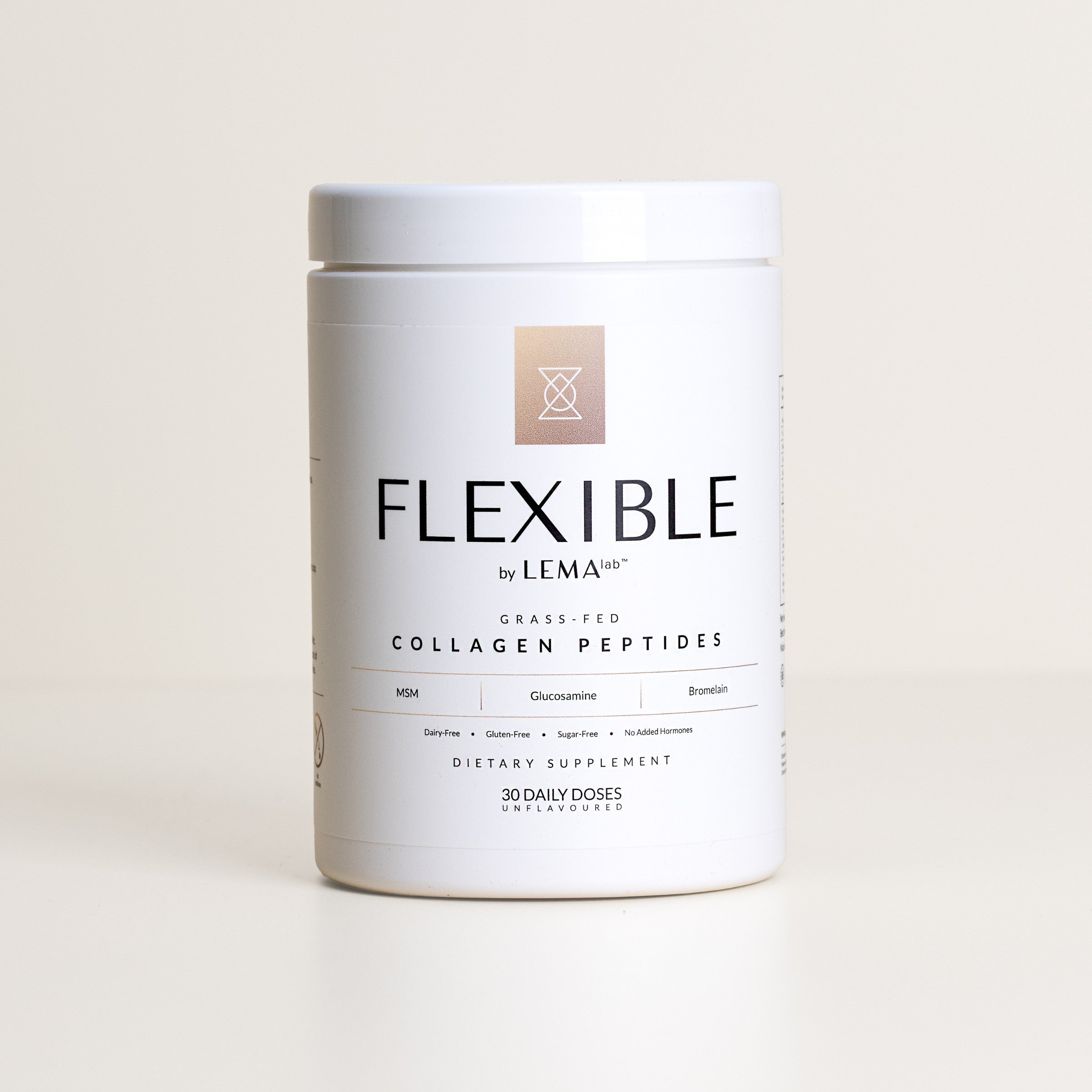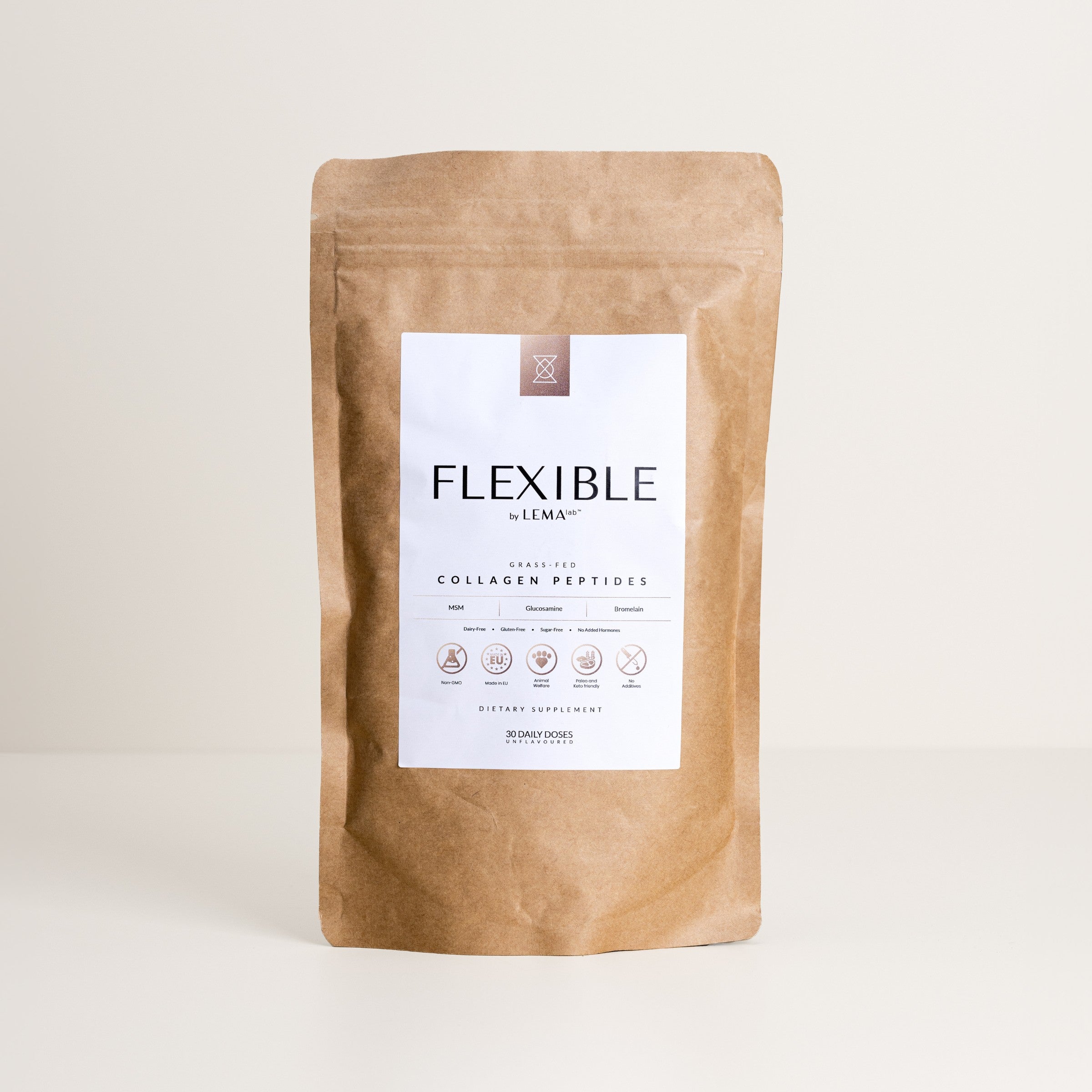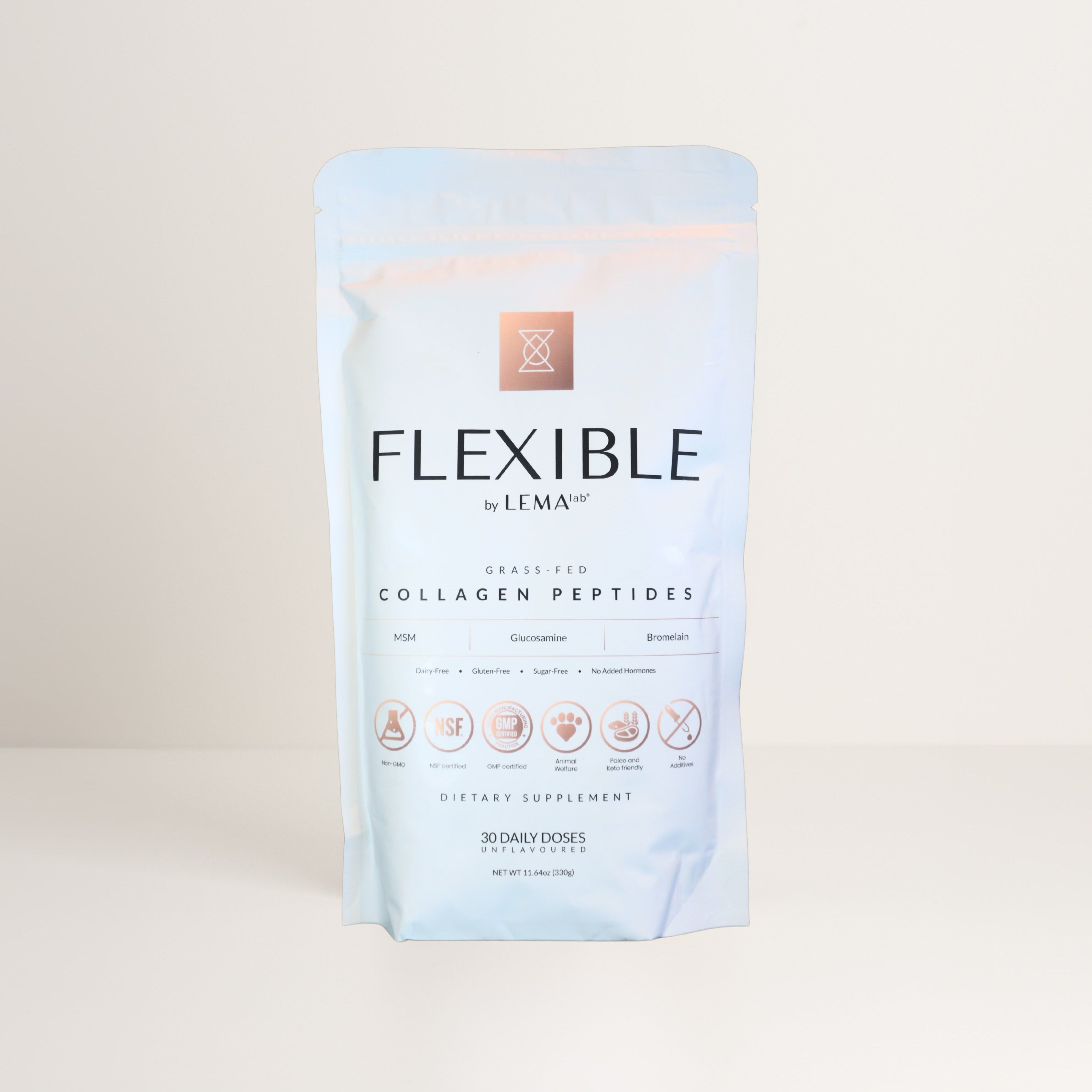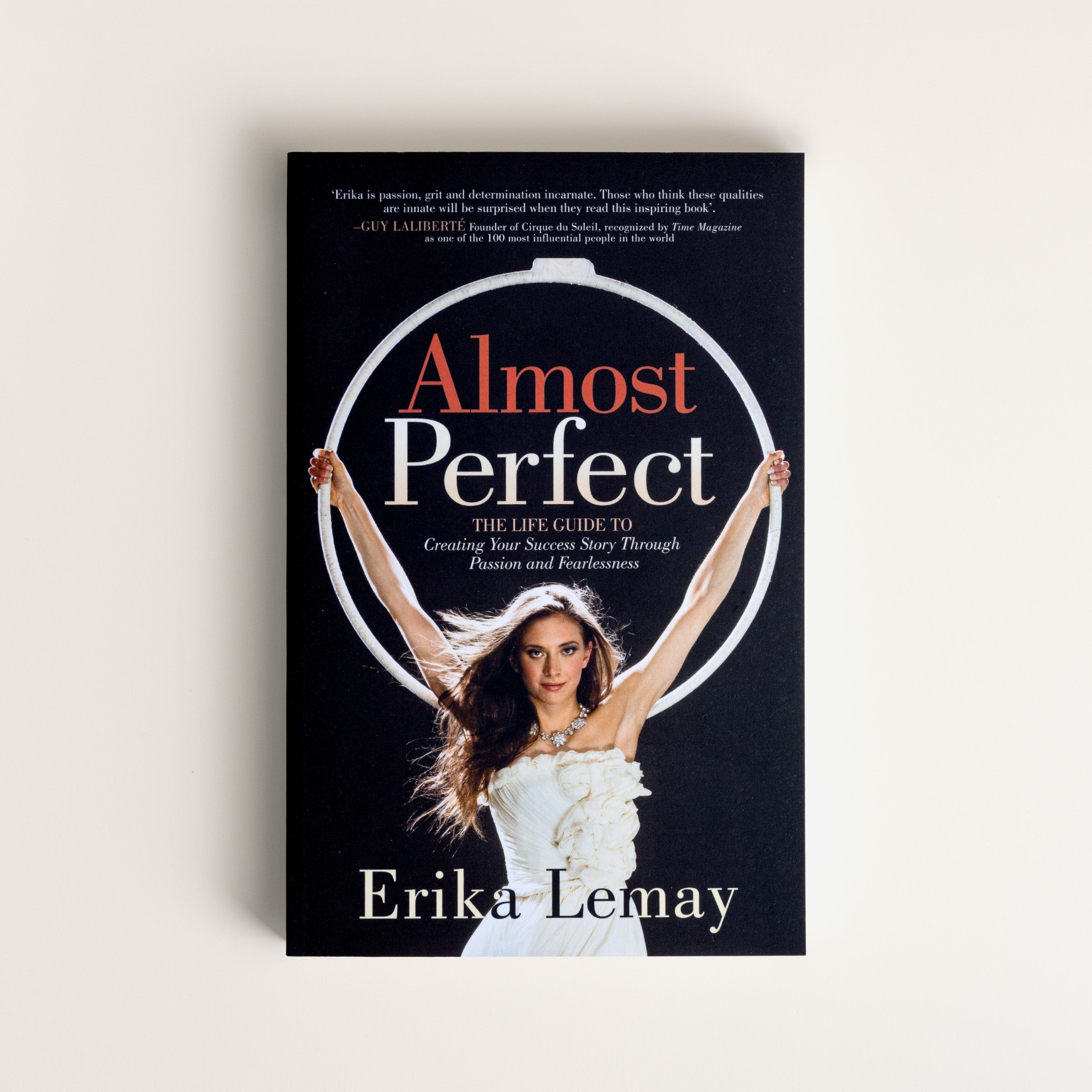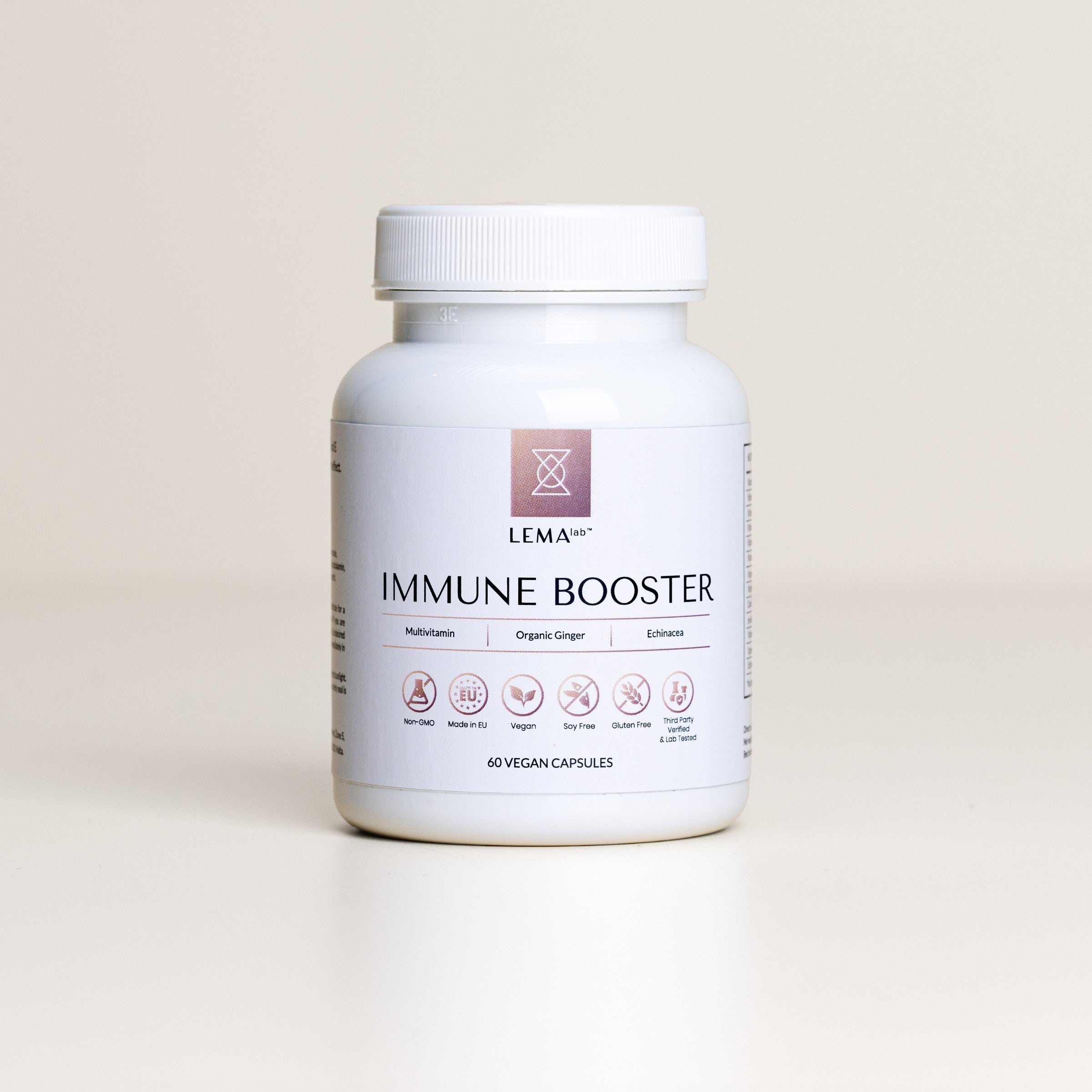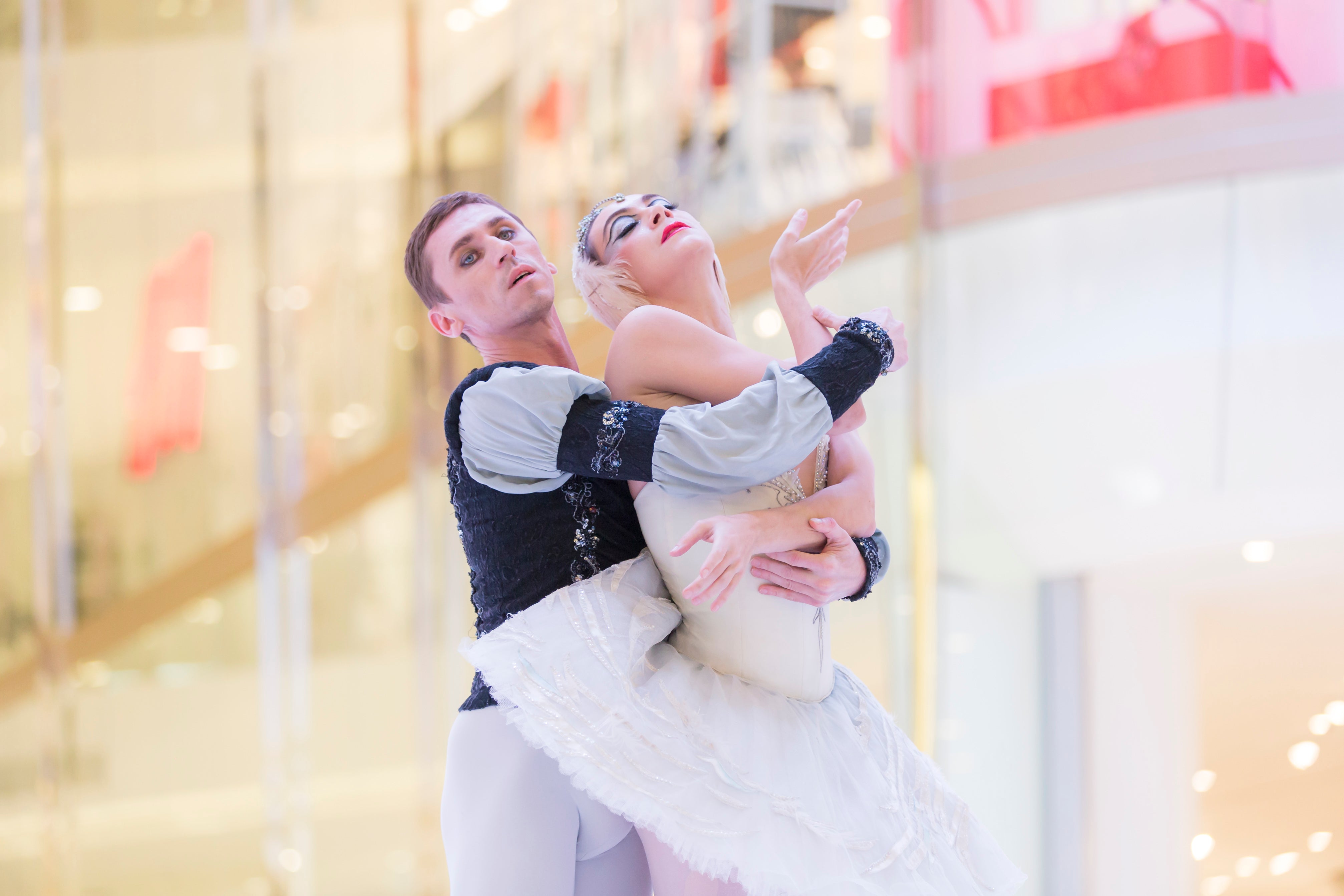
DARIA PAVLENKO
'I don’t really have a desire to be ‘on top of the world'.
Daria Pavlenko began her dancing career at the Vaganova Academy of Russian Ballet in St. Petersburg, Russia when she was ten years old. She graduated in 1996 and joined the Mariinsky Ballet Theatre soon after, where she became a principal ballerina a few years later. Daria joined the Tanztheater of Pina Bausch as a guest artist in 2019 and currently she is working for Mew Ballet on a love story between George Sand and Frederic Chopin.

Could you describe your background in a few lines?
I started dancing when I was ten at the Vaganova Academy of Russian Ballet in St. Petersburg, Russia. I graduated in 1996 and joined the Mariinsky Ballet Theatre soon after where I became a principal ballerina a few years later. I worked there until 2018, developing my career and earning the awards of the Spirit of Dance Prize in 2000, The Golden Mask in 2001, the Honoured Artist of Russia in 2010, and the Golden Sofit in 2018.
As a ballerina, what would you say defines you? What are your main features?
The most important thing that defines me is my perseverance in achieving my goals. In my art, everything I do must express my feelings and emotions and this expression has to be conveyed in a way that makes sense and impacts viewers.
Classical dance is a sport of extremes; what is the most challenging on a physical level for you?
For me, it’s the impossibility to predict injuries. My body is my instrument and I’m responsible for taking care of it. Ballet dancers must constantly be in shape, not only physically but also mentally since ballet is heavily influenced by emotion. My mental state during a performance is just as important as my body.
You are one of the few world-class ballerinas. What is a normal day like for you?
I wake up at 7 am, take care of my kids and then send them to school. I then study online at an institute for about two hours. After that, I go to the theatre for class and rehearsals, which takes about three or four hours. Then, I go home and if there aren’t any performances that day, I cook dinner and spend the rest of the evening with my kids. On days of performances, I come home to rest and then head back to the theatre to prepare. When the theatre is at the beginning stages of staging new works, I stay on site from 12 to 9 with a one-hour break.

You have been on stage for decades. What would you say has changed in your body over the years? Are there new challenges that come with age; things that are getting easier?
Over the years, I have gained more control over my body so that it listens to me much faster. I always listen to my body and try to never overwork it, since I want to be able to dance with it for as long as possible. I’ve had injuries that created restrictions, and I always have to find ways to learn and overcome those limitations and make them work for me so that I can still continue to work. I am constantly finding a balance in how much I can push myself without crossing the line, which is a challenge because past injuries are sometimes hard to hide and work with.
'I would tell my younger self to use her body as smartly and carefully as possible and to value every opportunity and chance life gives her'.
The world often wrongly thinks that ballerinas don't eat. Ballerinas are elite athletes, and we know you spend a lot of energy in a day. Could you help us understand your diet and nutrition?
I think eating is very individual for every ballet dancer. They have to find what works and what doesn’t while still being healthy. I eat whatever I like, including dairy, however, I don’t like meat. I never look at calories or how much fat there is in a product when grocery shopping. I have breakfast at around 7:30 am and dinner at about 9 pm. I have coffee and chocolate as a 5 o’clock snack and drink a lot of water, tea, and amino acids throughout the day.

What was the best moment of your career, the time when you felt that you were on top of the world?
"I don’t really have a desire to be ‘on top of the world'." I don’t have a particular moment that I call the best. I have many moments that I treasure like those after a performance when I feel happy and satisfied, and they can last for days. Once they fade, I continue working towards my next goals which can create more enjoyable moments.
What was the most challenging time of your career, injuries, accidents, sickness, rejections?
The hardest moment in my career was deciding whether or not to leave the Mariinsky Theatre, the place where I literally grew up as a woman and an artist. After years of working there, I realized that my career, self-worth and self-confidence depended on someone I didn’t see eye to eye with and could no longer work with. Every challenge I encountered, from my injuries to my pregnancies to resigning to become a freelance dancer, made me a much stronger and wiser person.
If you could go back in time and talk to the dance student you were at 15-years-old, which advice would you give her?
I would tell my younger self to use her body as smartly and carefully as possible and to value every opportunity and chance life gives her.
